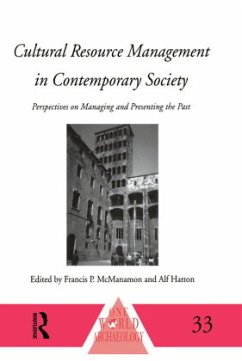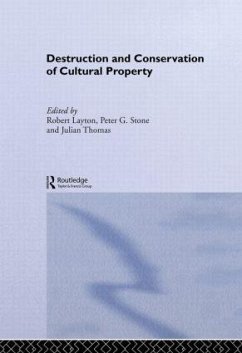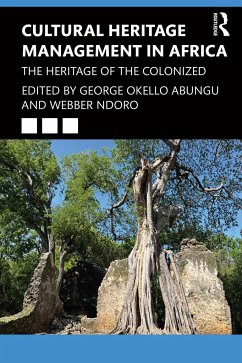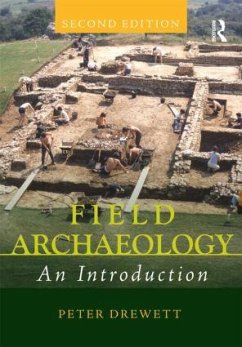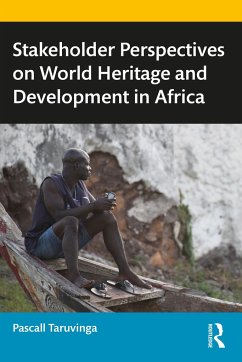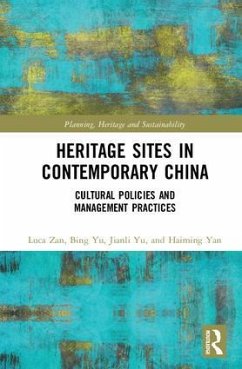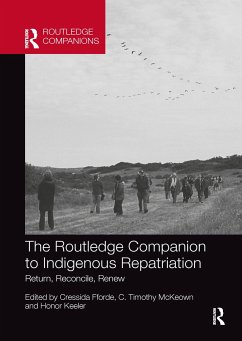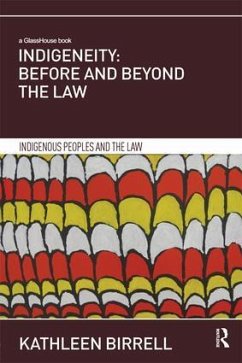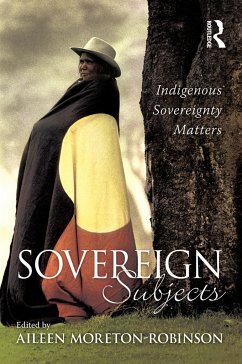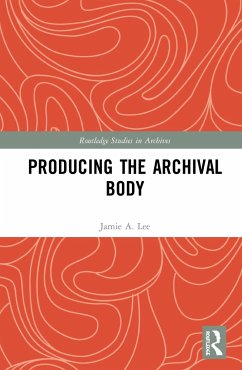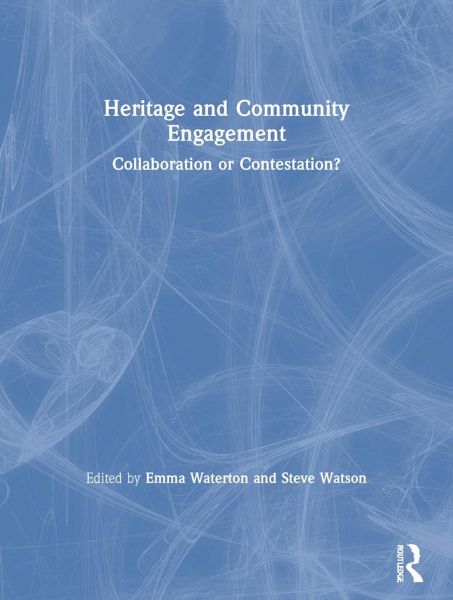
Heritage and Community Engagement
Collaboration or Contestation?
Herausgegeben: Waterton, Emma; Watson, Steve

PAYBACK Punkte
28 °P sammeln!
This book is about the way that professionals in archaeology and in other sectors of heritage interact with a range of stakeholder groups, communities and the wider public. Whilst these issues have been researched and discussed over many years and in many geographical contexts, the debate seems to have settled into a comfortable stasis wherein it is assumed that all that can be done by way of engagement has been done and there is little left to achieve. In some cases, such engagement is built on legislation or codes of ethics and there can be little doubt that it is an important and significan...
This book is about the way that professionals in archaeology and in other sectors of heritage interact with a range of stakeholder groups, communities and the wider public. Whilst these issues have been researched and discussed over many years and in many geographical contexts, the debate seems to have settled into a comfortable stasis wherein it is assumed that all that can be done by way of engagement has been done and there is little left to achieve. In some cases, such engagement is built on legislation or codes of ethics and there can be little doubt that it is an important and significant aspect of heritage policy.
This book is different, however, because it questions not so much the motivations of heritage professionals but the nature of the engagement itself, the extent to which this is collaborative or contested and the implications this has for the communities concerned. Furthermore, in exploring these issues in a variety of contexts around the world, it recognises that heritage provides a source of engagement within communities that is separate from professional discourse and can thus enable them to find voices of their own in the political processes that concern them and affect their development, identity and well-being.
This book was published as a special issue of the International Journal of Heritage Studies.
This book is different, however, because it questions not so much the motivations of heritage professionals but the nature of the engagement itself, the extent to which this is collaborative or contested and the implications this has for the communities concerned. Furthermore, in exploring these issues in a variety of contexts around the world, it recognises that heritage provides a source of engagement within communities that is separate from professional discourse and can thus enable them to find voices of their own in the political processes that concern them and affect their development, identity and well-being.
This book was published as a special issue of the International Journal of Heritage Studies.





